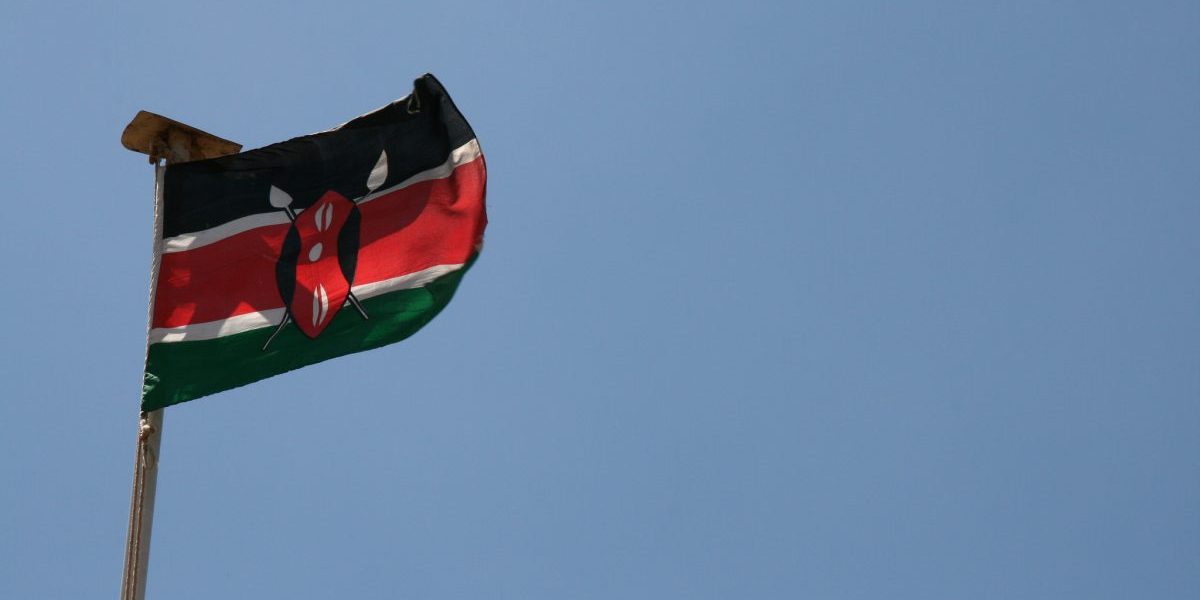The result was a resounding ‘no’ vote that was both stinging rebuke to incumbent president Mwai Kibaki and a sign of intensifying political conflict.
When Kibaki swept to power in 2002 at the head of a reform-minded coalition, the event was heralded as an African velvet revolution. Forty years of cronyism, graft and autocratic rule ended with promises to deliver effective free public services, fight the cancer of corruption and limit presidential powers through a new constitution.
Yet the fairy-tale triumph of good over greed has stubbornly eluded Kenyans. Kibaki started well, delivering on promises of free education and healthcare and sacking much of the judiciary and all of the government’s procurement officers for corruption. In the euphoria of those early days taxi passengers – believing the era of corruption would end – leapt from vehicles and beat policemen seeking bribes. However, reformist zeal soon encountered a tenacious return of the ethnic cronyism of old. When corruption began to taint his own government, Kibaki did little in the face of vehement warnings from donors and the public. His own anti-corruption czar quit and went into hiding.
And Kibaki reneged on his most prominent promise: to adopt a new constitution within 100 days of taking office. His predecessor, Daniel Arap Moi, had concentrated power almost exclusively in the presidency. While in opposition, Kibaki argued that ‘the immense powers [granted to Moi] had transformed the Kenyan president into an authoritarian imperial monarch, exercising feudal powers’. In Moi’s final years, a constitutional convention had drafted a new constitution to balance a largely ceremonial presidency with an executive prime minister. Once in office, Kibaki rejected the draft and pushed a new version that kept power in the presidency.
Although Kibaki marshalled the full powers of the state behind the referendum, Kenyans rejected the constitution by a significant margin: 3.5 million voted no while 2.5 million voted yes. Kibaki lost in seven of eight provinces, winning only in his home province. In retaliation, he sacked the entire cabinet shortly after the votes were counted.
The president’s close associates, led by Vice-President Moody Awori, added to the humiliation by declaring on voting day that the outcome of the referendum would amount to a vote of confidence or no-confidence in Kibaki’s government, with a strong bearing on the next elections set for 2007.
Kibaki’s difficulties are compounded by the complexity of the 15-party coalition that brought him to power. To keep the peace among participating parties, Kibaki’s National Alliance Party of Kenya (Nak) signed a pre-election Memorandum of Understanding with his main rival, Raila Odinga’s Liberal Democratic Party (LDP). Odinga was to be prime minister and Nak and LDP were to share cabinet positions and senior public service and diplomatic posts on an equal basis, in addition to consulting on major national issues. But when Kibaki made his first appointments in January 2003, he openly favoured Nak, especially old men from his Mt Kenya region. LDP felt shortchanged.
In June 2004, Kibaki surprised both friend and foe by appointing to the cabinet members from the Kanu party that had been overwhelmingly rejected by voters. In a swift reaction, former Foreign Affairs minister Kalonzo Musyoka, said: ‘Kibaki has let down the whole continent by having a movement kind of government, abandoning the coalition which we had worked hard for. It is obviously a retrogression.’ But the move did not come as a surprise. In June 1982, Kibaki had been instrumental in amending the constitution to make Kenya a de jure one-party state.
Kibaki’s attempt to hang on to power mirrors a similar scenario in neighbouring Uganda where, President Yoweri Museveni, initially seen to have saved Uganda from several years of civil war, is now emerging as an autocrat intent on clinging to power.
Following Kibaki’s defeat at the referendum, his chances of recapturing the top seat in 2007 appear slim. Constitutional lawyer Ababu Namwamba argues that Kibaki’s presidency is badly wounded.
‘The Kibaki presidency is damaged goods. It may be patched up. But it will never be whole. Not even a new cabinet will take away the indelible stain, the permanent limp in his regime’, observed Namwamba. ‘Kibaki has resurrected the demons of tribalism and nepotism we buried in 2002, and allowed the impression to pervade that corruption thrives as he watches. He stalled the reform train whose momentum propelled him to State House after two failed bids. He has demonstrated inability to honour agreements bearing his very signature,’ he said.
As long as the Orange Democratic Movement (ODM) – that combines LDP and the official opposition Kanu – remains united, chances are that voting patterns reflected at the referendum will be repeated in the 2007 general elections.








